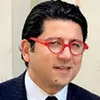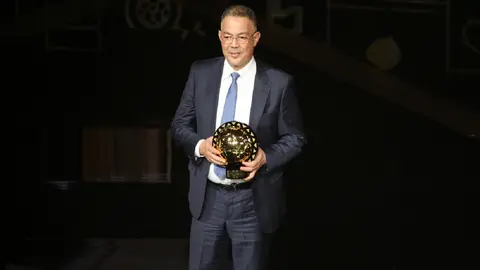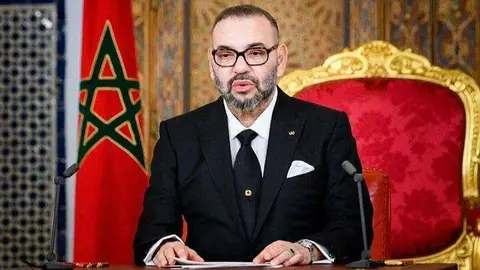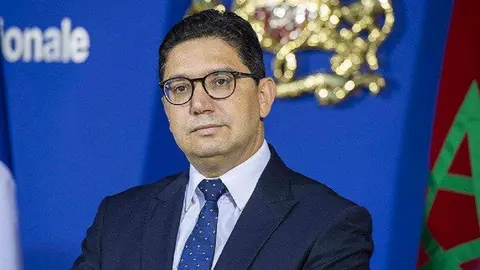Morocco: Introducing Convergent Diplomacy into the global diplomatic debate
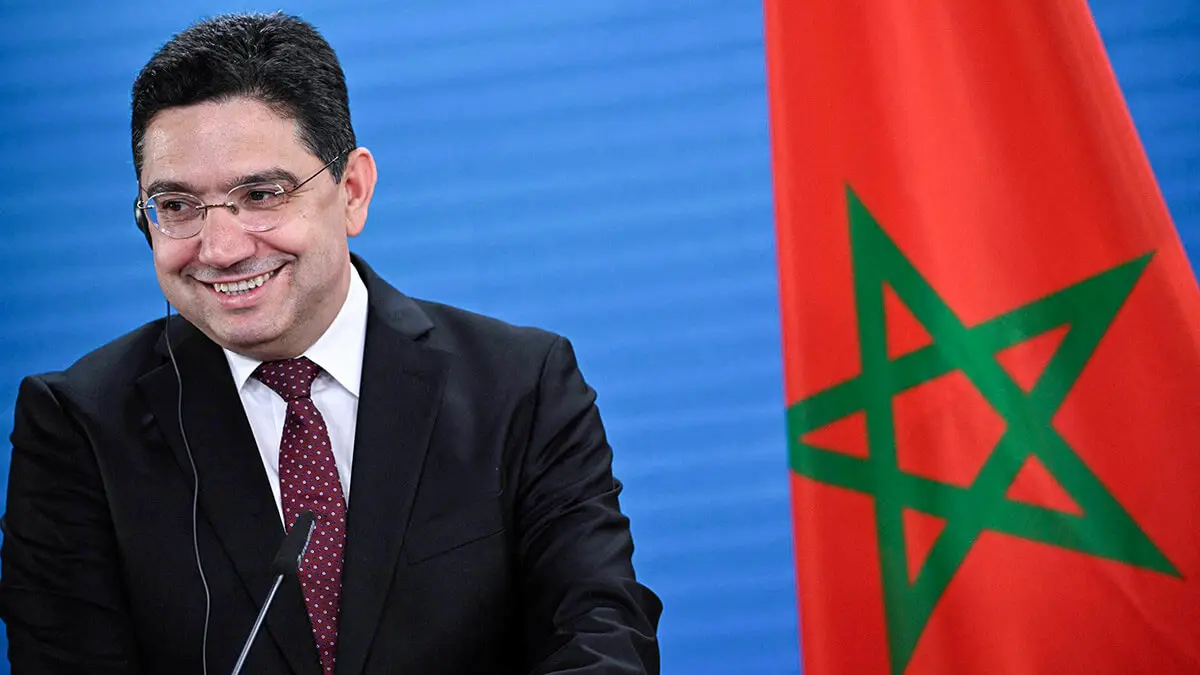
The international arena of government-governed relations has evolved significantly due to the transformation of traditional methods of communication towards interconnected and democratised information flows, coupled with the complexification of strategies in their formulation, structuring and execution.
These new strategies often involve both public and private actors, NGOs, interest groups, influencers and intelligence communities. In this new scenario, diplomats are urged to re-evaluate their approach and look for new terminology, tools and mechanisms to shape the public diplomacy landscape, making it more inclusive and adapted to new concepts and audiences.
Morocco, as a case study, has managed to navigate the turbulence and complexities of the contemporary international relations world through a combination of institutional/public diplomacy and multifaceted strategies. These encompass cooperation/solidarity, cultural initiatives (including the promotion of intangible cultural heritage), values of tolerance and coexistence, sports and economic diplomacy (Made in Morocco - Morocco Gateway of Africa), to mention the most prominent. Its mechanisms promote Moroccan art, cuisine, cultural exchange programmes and sporting events, actively attracting international trade and investment opportunities to Morocco, as well as joint continental and global partnerships, which actively contribute to Morocco's development agenda.
The evaluation of public diplomacy in Morocco uses a dual methodology, combining qualitative and quantitative tools. The qualitative perspectives come from reports generated by Moroccan diplomatic missions in the four corners of the world, which shed light on the objectives, activities and satisfaction surveys "audiences" in reference to the Morocco brand before and after the organisation of cultural events. The Moroccan Royal Institute for Strategic Studies also assesses the impact of Morocco's public diplomacy through annual reputation studies. This examines the strengths and weaknesses of Morocco's image, and quantitative assessment, guided by various indicators, shapes the strategies and policies of public diplomacy practitioners. The Moroccan Academy of Diplomatic Studies has also incorporated a programme dedicated to cultural diplomacy, providing future diplomats with the skills and knowledge necessary for impact assessment concerning Morocco's brand.
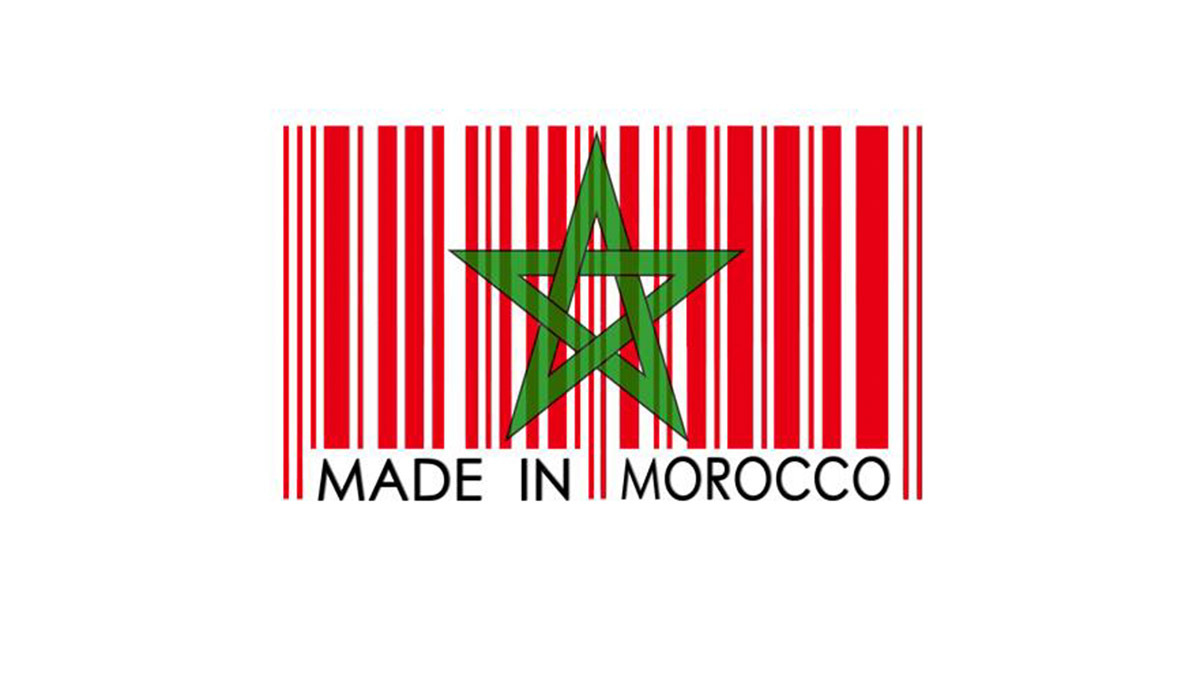
The preceding paragraphs have briefly explored the complex field of public diplomacy, highlighting its importance in shaping international perceptions and mobilising support for the country's foreign policy objectives. Today, in an international arena in which the Kingdom of Morocco has become a key player, it is imperative to explore the field of 'Convergent Diplomacy'. This innovative approach, based on case studies, observations and field practices, challenges our understanding of new diplomatic mechanisms and tools, especially in the context of intensive collaboration between public institutions and non-public actors.
The perception of foreign public opinion and business circles has become the new battleground, establishing new norms and approaches to persuade, entrench and build loyalty. Convergent Diplomacy offers an approach to assessing methodologies that not only improves the rigorousness of processes, but also fosters coherence and unification of discourse based on the three methodologies of this new doctrine: simplification for complex strategies, the more complex process for simple strategies, and the blending of both approaches.
A new opportunity presents itself for Conventional Diplomacy, positioning it as the main coordinator overseeing collaboration between various national public and private institutions and agencies. This strategic paradigm, encapsulated by the term 'Convergent Diplomacy', implies a holistic engagement that champions national causes, promotes SoftPower and influences foreign opinion. This new inclusive coordination involves multiple stakeholders, with the aim of enhancing intra-national and inter-state cooperation. Convergent diplomacy paves the way to address bilateral or multilateral challenges between nations, such as climate change, combating misinformation, poverty and inequality. Its inclusive nature ensures that the diverse interests of stakeholders are taken into account, contributing to comprehensive and effective foreign policy-making in a contemporary context.
Morocco's adoption of Convergent Diplomacy represents a crucial step forward in its diplomatic efforts, promising a substantial increase in its capital of influence. The seamless integration of this innovative paradigm into the national diplomatic structure signifies not only a strategic shift, but also underscores Morocco's commitment to adaptability and flexibility.
This innovative approach broadens the field of diplomatic discourse and offers valuable insights for scholars, policymakers and diplomats around the world, enriching the terminology practised, as well as its precision and focus. Morocco's dynamic diplomacy, marked by the fusion of traditional and contemporary strategies, positions the country at the forefront of innovation in the field and reinforces Morocco's role as a leader in the field, setting the tone for the next chapter in diplomatic studies and practice.
Jalal Nali
Jalal Nali Dr. in business management, Moroccan author, public diplomacy expert and political programme strategist. Dr. Nali created the term Convergent Diplomacy® (ISBN 978-2960162905), which underlines the importance of dynamic and inclusive collaboration within the framework of state marketing campaigns. Dr. Nali is the founder of the Abraham Peace Gate initiative.

